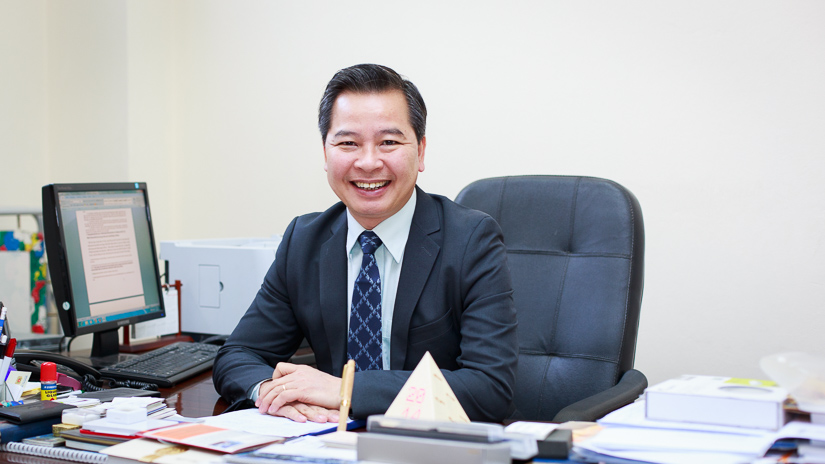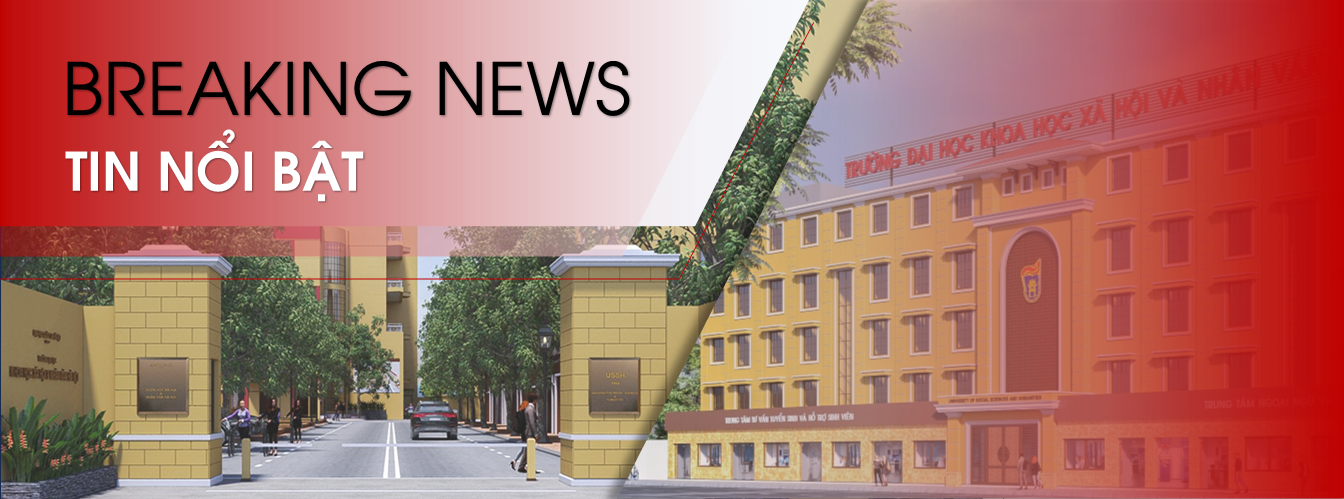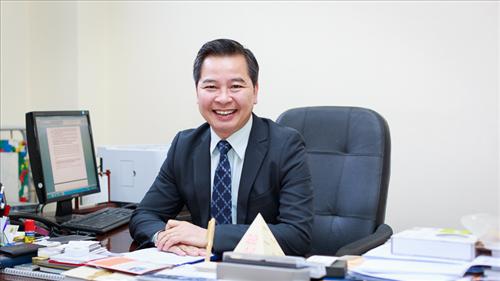Sir, there is a view that we deserve more favorable terms than those agreed upon at the 1954 Geneva Conference. Could you elaborate on this?

It is true that some believe Vietnam could have secured more favorable terms at the 1954 Geneva Conference. They argue that, with the earth-shattering victory at Dien Bien Phu, Vietnam could move towards the complete liberation of the country. However, it is necessary to look at the broader international context at that time to understand that the victory from Dien Bien Phu to Geneva was a crucial achievement for us.
Following the victory at Dien Bien Phu, the balance of power, both between Vietnam and France, as well as between Vietnam's allies and France's allies, was unfavorable to Vietnam. Specifically, in the Indochina battlefield, the French army still had over 300,000 troops, their forces still many times stronger than ours. Secondly, the possibility of American intervention in Indochina remained open. Thirdly, Vietnam's allies, including the Soviet Union and China, came to the Geneva talks with their own self-interests.
The countries participating in the Geneva Conference all wanted to end the conflict in Indochina and achieve their own goals. What would have happened if we hadn't accepted that agreement? The war might have continued, the conflict would have dragged on, and we wouldn't have had peace. Our allies wouldn't have supported us. Ultimately, at the 1954 Geneva Conference, we didn't achieve complete victory, but we did achieve partial victories in the liberation and reunification of our country.
Some commentators suggest that the major powers used Geneva to divide Vietnam. What is your view on this, and how did Vietnam overcome the machinations of these major powers?
In any world order, major powers play a crucial role. Following the Quadrilateral Security Dialogue in Berlin, Germany, in January 1954, Britain, France, the United States, and the Soviet Union agreed to convene an international conference to resolve the Indochina issue.
Later, at the invitation of the Soviet Union, China also participated in the Conference, despite initial opposition from the United States. It can be said that the new international trend at that time was one of détente for development; therefore, both the Soviet Union and the United States wanted to end the conflicts in Germany, Korea, and Indochina. This détente had a significant impact on the global landscape, and smaller countries were not exempt from this order.
At the Geneva Conference, each country had its own interests. The Soviet Union's goal was to achieve a balance and peaceful coexistence with the United States. Furthermore, the Soviet Union's strategic location was Europe, so it wanted French support to create a strategic balance in Europe in its relations with the United States. France also wanted to withdraw from the Indochina war without losing face, as the French people were already fed up with the losses there. Meanwhile, the United States wanted to replace France in Indochina.

Thus, it can be seen that the interests of small countries are dominated by large countries, including Vietnam. However, Vietnam has skillfully mitigated the calculations of these large countries. From the very first day of participating in the Geneva Conference, the Vietnamese diplomatic delegation, led by Deputy Prime Minister Pham Van Dong, presented an eight-point position. In it, we clearly and steadfastly stated our goal: the desire for all countries to recognize Vietnam's independence, sovereignty, and territorial integrity.
And finally, all the countries participating in the Geneva Conference committed to respecting Vietnam's independence, sovereignty, and territorial integrity. This is a very important legal basis for Vietnam's sovereignty and territorial integrity, and for Vietnam's future reunification. The results of the Geneva Conference were a significant victory for Vietnam as well as for our young diplomatic sector. President Ho Chi Minh affirmed: "The Geneva Conference has concluded. Our diplomacy has achieved a great victory!"
National interest is the highest goal.
The international and regional situation has changed significantly over the past 60 years. The country is facing numerous traditional and non-traditional security issues, particularly the complex developments in the infringement and disputes over sovereignty in the South China Sea. In your opinion, what lessons learned from the Geneva Conference can we apply to the current situation?
The first lesson in diplomatic struggle is President Ho Chi Minh's viewpoint: "Maintain the unchanging while adapting to the ever-changing," meaning that the goal of independence, sovereignty, and territorial integrity is the immutable element in all diplomatic negotiations and struggles.
We must not be ambiguous about the strategic goals and interests of major powers. Even countries with the same ideology have their own interests. Therefore, we must pay attention, study, and consider the strategies of major powers in order to develop appropriate policies and countermeasures.
President Ho Chi Minh said, "National strength is like a bell, diplomacy is like the sound of the bell. The bigger the bell, the louder the sound." Therefore, what we always need to do is strengthen the country's national strength, create a solid foundation for foreign relations, protect national sovereignty, and safeguard international peace and security.
The victory at the 1954 Geneva Conference transformed Vietnam from a country virtually unknown on the world map into a shining symbol of the will to fight for national independence. In the current context, regarding the South China Sea issue, the reality is that the world's people still have limited understanding of the matter. Therefore, Vietnamese diplomacy must make the world understand Vietnam's sovereignty and just cause in the South China Sea.
What outcomes from the Geneva Conference demonstrate provisions that prove Vietnam's sovereignty over the Hoang Sa and Truong Sa archipelagos, sir?
We know that before the Geneva Conference, on September 7, 1951, at a conference attended by delegations from 51 countries held in San Francisco (USA), Prime Minister and Foreign Minister Tran Van Huu of the Bao Dai government solemnly declared that the Hoang Sa and Truong Sa archipelagos were Vietnamese territory: "We affirm our long-standing sovereignty over the Truong Sa and Hoang Sa archipelagos." This affirmation did not provoke any reaction or claims against this declaration by the State of Vietnam.
The Geneva Conference was an international conference attended by major powers. One of the 13 points in the 1954 Geneva Conference Final Declaration on the restoration of peace in Indochina stated: “In relations with Vietnam, Laos, and Cambodia, the countries participating in the Geneva Conference respect the independence, sovereignty, unity, and territorial integrity of Vietnam, Laos, and Cambodia.” As a country participating in the 1954 Geneva Conference, China also committed to respecting Vietnam's territorial sovereignty, which also reaffirmed Vietnam's sovereignty over the Paracel and Spratly Islands.
Thank you, sir!
(Source:Tien Phong Newspaper)



